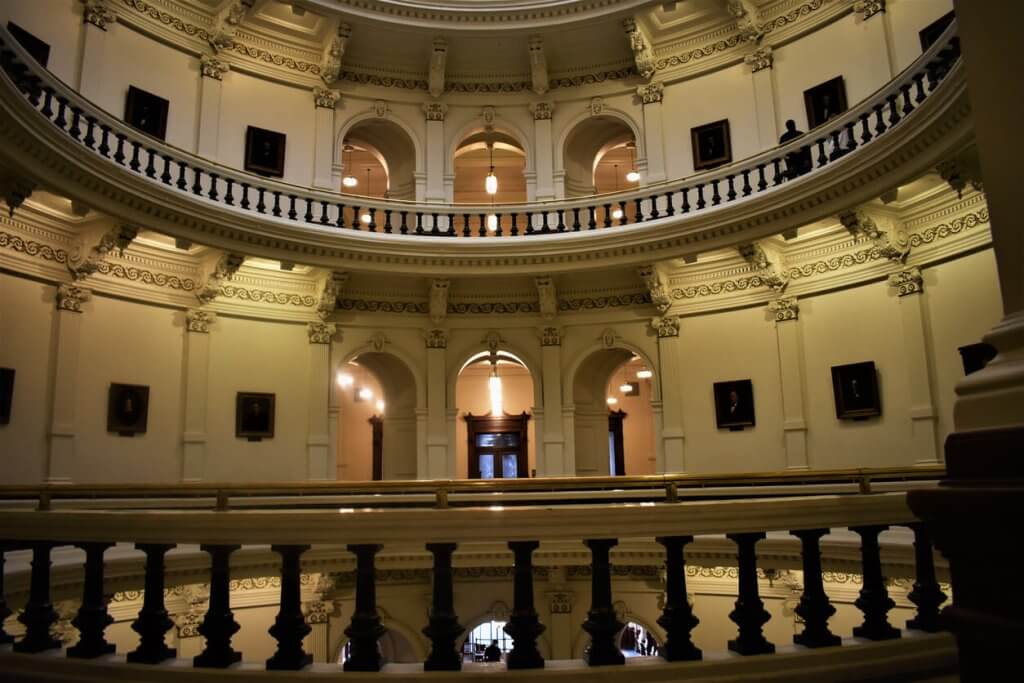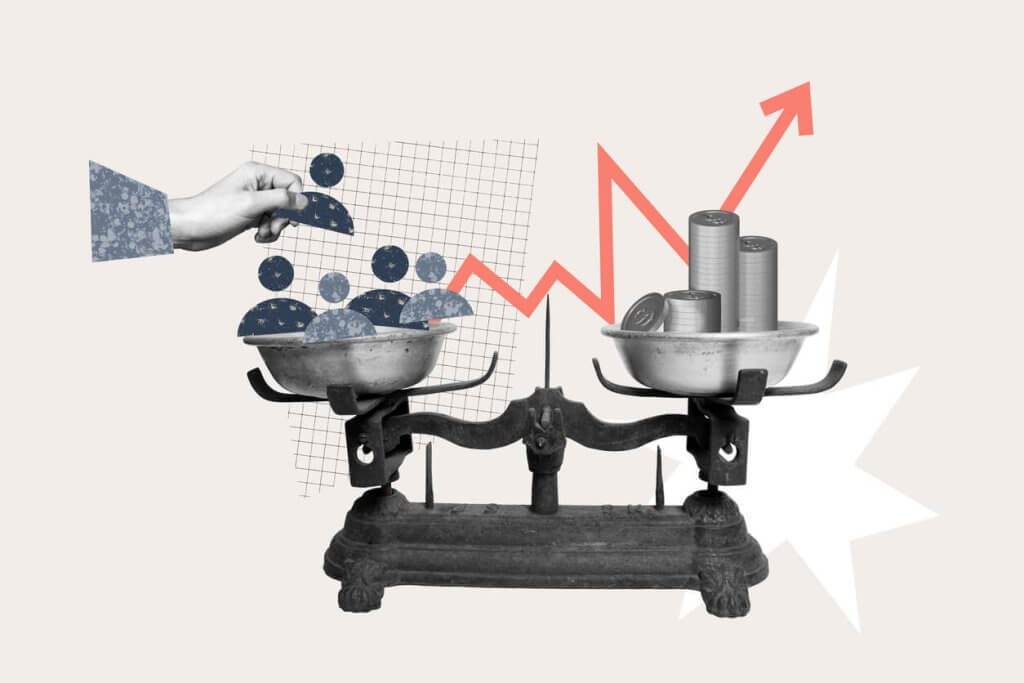Germany FDI & Trade With Texas
Germany Doing Business in Texas
As one of the top five countries for foreign direct investment in Texas, Germany continues to uphold its strong relationship with the Lone Star State.
Texas’ world-class infrastructure supports a large influx of goods from Germany. Since January 2011, more than 40% of FDI projects into Texas originated from Western Europe, according to FDI data. In fact, the United Kingdom, Germany and France are among the top five countries for foreign direct investment projects in Texas. As a result, Germany also ranks among the top five countries for share of Texas’ private industry employment at foreign-owned firms. Texas and Germany share several industry strengths, including aerospace and aviation, manufacturing and more. These shared industries have been strengthened by major German company investments in Texas, such as Siemens Intelligent Transportation Systems. Texas’ state-of-the-art airports also provide direct flights to Frankfurt and Munich.
Texas & Global Markets
As the #1 global exporter in the U.S. and the #1 state for foreign direct investment, Texas continues to prove its reputation as a leader in the global economy.
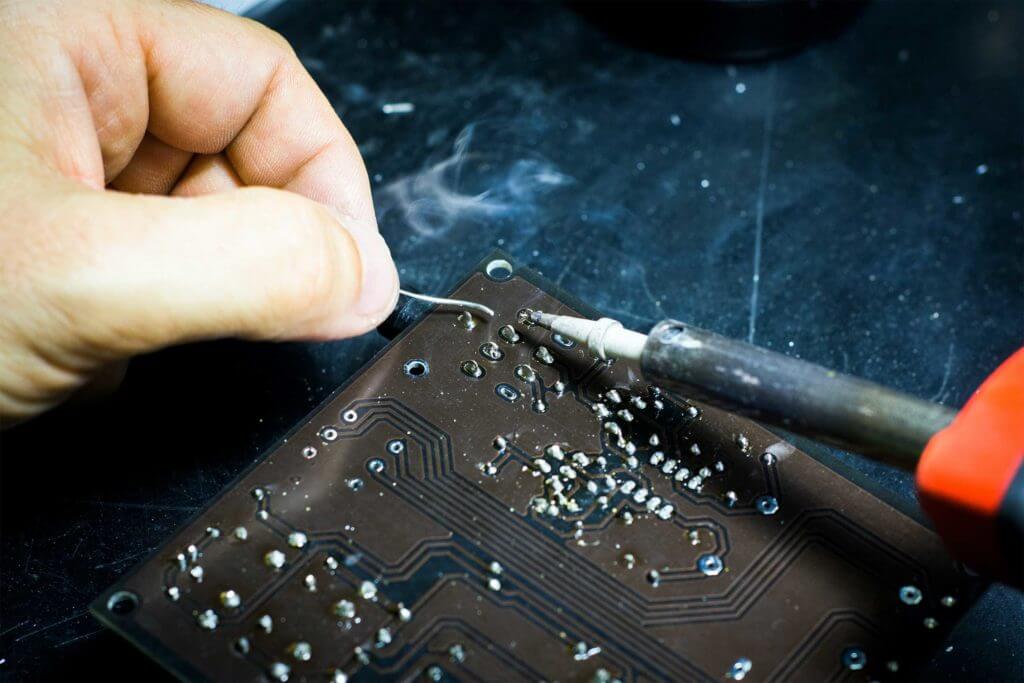
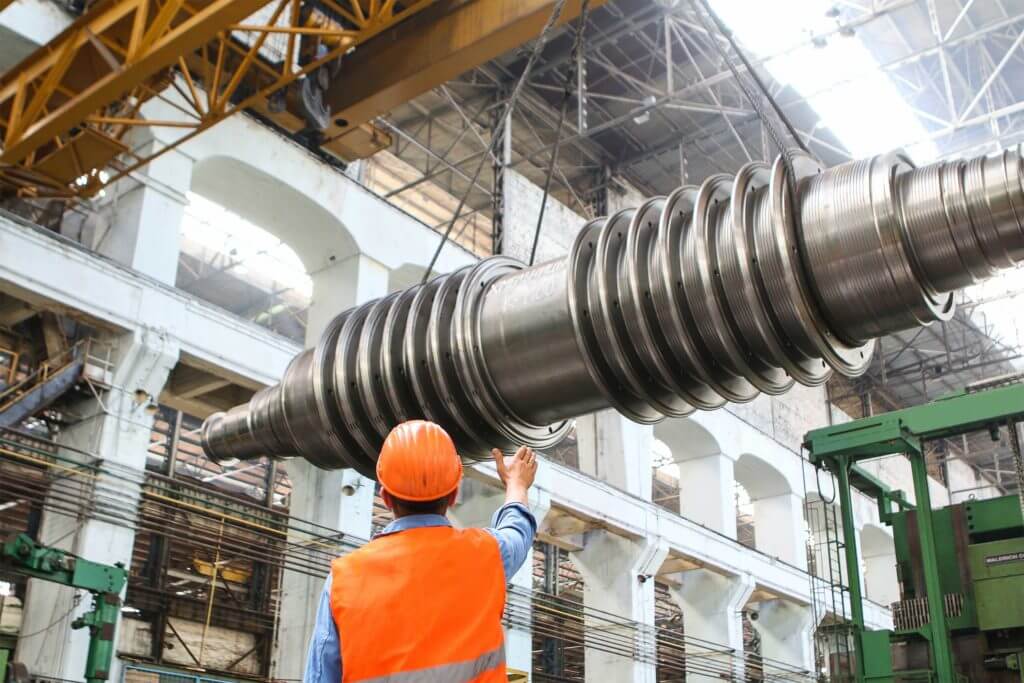
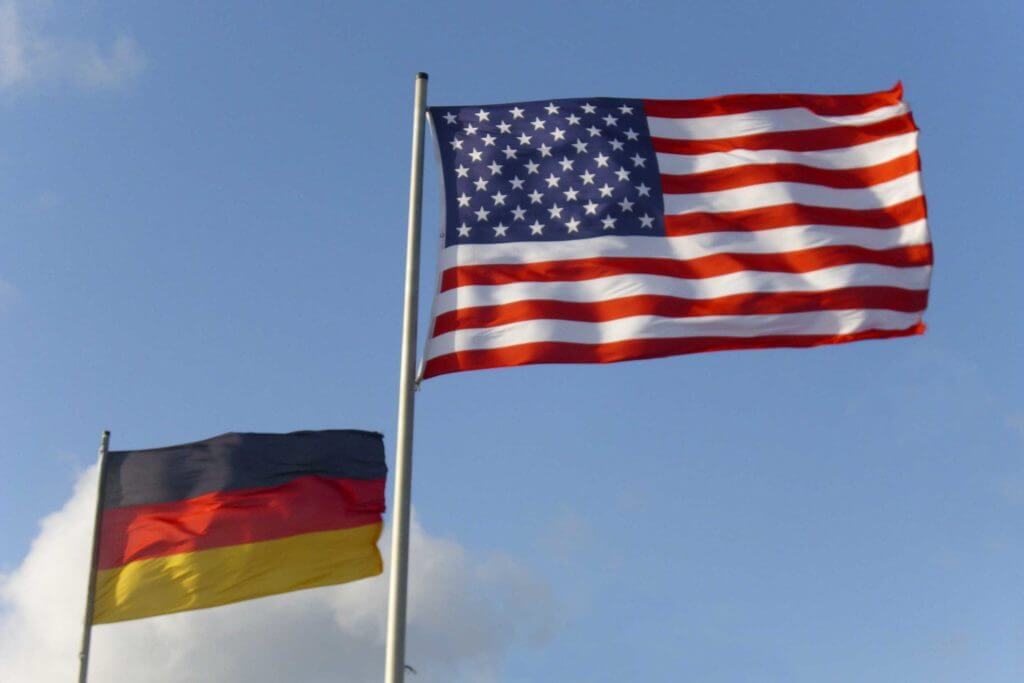
- Foreign Direct Investment
- Trade and Infrastructure
- Cultural Ties

German Companies Operating in Texas
As German companies continue to invest in Texas, it’s clear that these two regions share a strong economic partnership.
Examples of German companies operating in Texas include BASF, Bayer Technology Services Americas, Dresser Rand Group, Hanson Concrete Products, Houston Freightliner, KBA North America, M+W U.S., MAN Diesel & Turbo North America, Microdyn-Nadir, R Stahl, Recaro Aircraft Seating, Salzgitter Mannesmann Stainless Tubes USA, Siemens Intelligent Transportation Systems, Siemens PLM Software and X-FAB Texas.
Shared industries between Germany and Texas include aerospace & aviation, chemicals, electronics, industrial products, information technology, infrastructure, logistics and transportation, manufacturing, materials and professional services. Cumulative foreign direct investment from January 2011 – December 2023 included 183 projects, with $13,161 million in capital investment and 15,820 jobs created by 136 companies.

Trade Between Germany and Texas
The trade relationship between Texas and Germany continues to thrive, thanks to goods including auto parts, technical instruments and more.
Texas exports to Germany in 2023 totaled $8,078 million, including the following commodities: aircraft, spacecraft, parts, pharmaceuticals, electric machinery, industrial machinery and technical instruments. Texas imports from Germany in 2023 totaled $10,827 million, including the following commodities: vehicles, parts, industrial machinery, aircraft, spacecraft, parts, technical instruments and electric machinery. Texas port districts that have active trade with Germany include Dallas-Fort Worth, El Paso, Houston, Laredo and Port Arthur.
Direct flights to/from Frankfurt are offered at Austin-Bergstrom International Airport (ABIA) seasonally, Dallas Fort Worth International (DFW) and Houston George Bush Intercontinental (IAH). Direct flights to/from Munich are offered at Houston George Bush Intercontinental (IAH).

Cultural Ties Between Germany and Texas
Germany and Texas share cultural ties in addition to their trade relationship and shared business sectors.
The small Texas town of Fredericksburg in the Texas Hill Country has a reputation for embracing and celebrating its German cultural heritage. Its annual three-day Oktoberfest event is recognized as one of the best in North America. Fredericksburg’s annual Oktoberfest has all the usual trappings: beverage tents spanning several blocks, covered stages featuring oompah, polka, and waltz music, multiple tents of original work by local artisans and more than a dozen food vendors selling bratwurst and other German favorites.
Central European immigrants settled in the Texas Hill Country in the mid-1800s, bringing with them their native customs and food. To this day, Hill Country towns like New Braunfels, Boerne, Walburg, and Comfort maintain these customs. In New Braunfels, many locals practice the German language and the local paper, The Herald-Zeitung, was originally printed exclusively in German. Other establishments that contributed to developing the town’s German identity include Naegelin’s Bakery, serving German treats like pfeffernüsse and streusel, and plenty of restaurants serving up authentic German food like schnitzel, bratwurst, leberkäse, potato salad and craft beers. The Gruene Historic District in New Braunfels, originally populated by German cotton farmers, is home to bustling shops and restaurants that operate out of preserved 19th-century buildings. The town’s 70-acre waterpark, aptly named Schlitterbahn, also takes cues from the old country. Its iconic tower resembles the one at Solms Castle in Braunfels, Germany.
